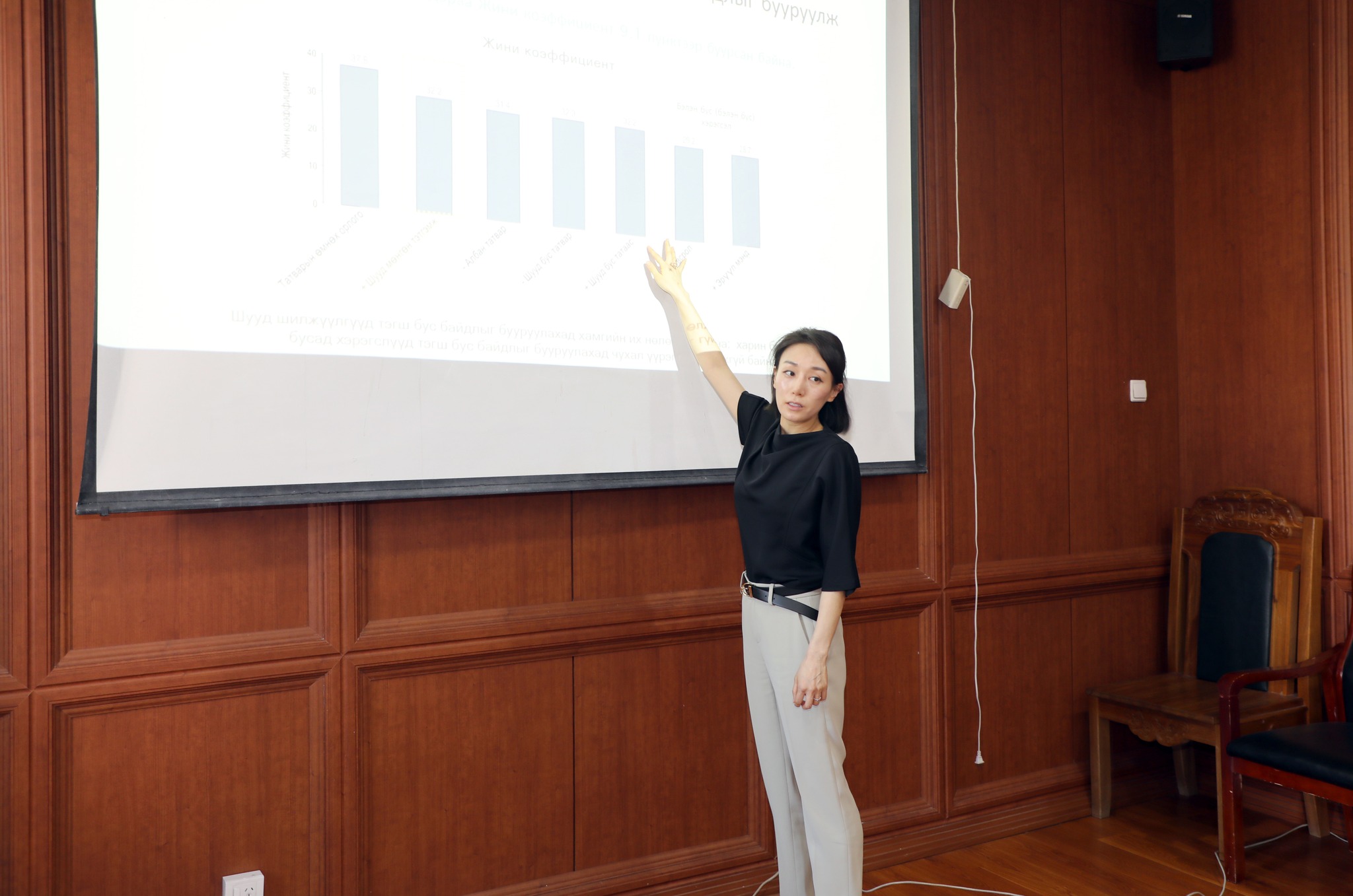World Bank Research Reveals Impact of Social Welfare Cash Transfers on Poverty and Inequality in Mongolia
The World Bank's poverty and social protection team has conducted a study examining the effects of Mongolia's fiscal policy on poverty and inequality, focusing specifically on social welfare programs. Utilizing a method employed in over 80 countries, the research analyzed data from the 2022 household socio-economic survey and administrative records provided by the National Statistics Office (NSO).
Initial findings were presented to the management and staff of the Ministry of Family, Labour and Social Protection. The evaluation assessed the impact of social care and welfare programs on poverty and inequality, the effectiveness of social spending, potential areas for enhancement, and the overlap among social assistance beneficiaries.
The research categorized results across ten equal population groups and compared Mongolia's outcomes with those of countries classified by income levels—high, middle, and low. Preliminary results indicate that while state-provided cash transfers do contribute to poverty reduction, Mongolia's social welfare expenditures are significantly higher than those of comparable middle-income countries. Consequently, the study recommends reallocating funds toward more effective poverty reduction programs targeting underrepresented groups.
The World Bank plans to finalize the report by November 2024, with further input from Ministry officials to enhance the evaluation of welfare programs.
